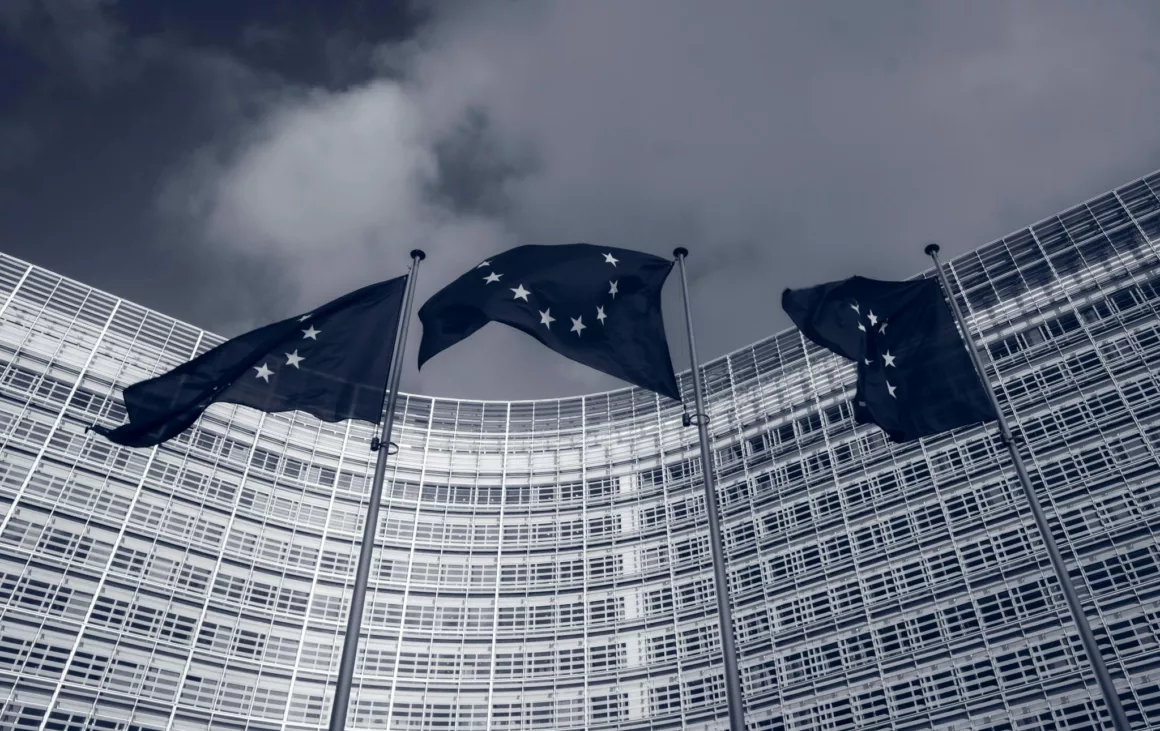As the world moves towards a more sustainable future, the European Union (EU) is taking significant steps to empower consumers and combat greenwashing – the misleading or inaccurate marketing practices regarding environmental and sustainability claims.
The recent approval of the Directive on Empowering Consumers for the Green Transition (ECGT) signifies a milestone in this journey.
As the world moves towards a more sustainable future, the European Union (EU) is taking significant steps to empower consumers and combat greenwashing – the misleading or inaccurate marketing practices regarding environmental and sustainability claims. The recent approval of the Directive on Empowering Consumers for the Green Transition (ECGT) signifies a milestone in this journey.
Key Developments:
On 30 March 2022, the European Commission proposed updates to EU consumer rules to align with the green transition objectives outlined in its 2020 consumer agenda and circular economy action plan. Fast forward to 20 February 2024, the Council adopted the ECGT, marking the final step in the decision-making process. With the directive officially signed and set to be published in the EU’s Official Journal, it will come into force 20 days post-publication. Member states will then have 24 months to integrate these rules into their national laws and 30 months to begin applying them.
Understanding the ECGT:
The ECGT aims to better involve consumers in the green transition by:
- Protecting Consumers: The directive shields consumers from companies’ misleading or inaccurate information and marketing practices related to the environment and sustainability—commonly known as greenwashing. It ensures that when a product or service is marketed as environmentally friendly, it genuinely meets those criteria.
- Enabling Sustainable Choices: The ECGT empowers consumers to adopt more sustainable and environmentally friendly consumption habits. It encourages informed decisions by providing reliable information about products’ environmental impact.
- Stricter Requirements for Companies: The directive introduces stricter requirements for companies regarding the durability and reparability of products. This move aims to promote circular economy principles and reduce waste.
What Companies Need to Do:
To ensure compliance with the ECGT, companies must adapt their business practices to align with the new rules. Here’s what you need to know:
- ESG Audit: Conduct a thorough ESG Audit. Prospect Law specialises in this unique audit, providing clients with a rigorous and objective analysis of their current ESG credentials. Unlike many other ESG audit and advisory services, Prospect Law ensures full confidentiality. As a Prospect Law client, you can work on improving your ESG ratings without public scrutiny until you choose to publish the results.
- Timeline: You have 24 months before you must publish the ESG Audit results. Use this time wisely to enhance your environmental, social, and governance practices.
- Stay Ahead: The ECGT represents a significant shift toward transparency and accountability. By proactively addressing ESG issues, companies can build trust with consumers and contribute to a greener future.
The ECGT represents a significant shift towards consumer empowerment and sustainability in the EU. As companies navigate these stricter regulations, proactive measures such as ESG Audits can help ensure compliance while enhancing your environmental and social responsibility efforts.
To learn more about how our ESG Audit services can support your compliance journey, get in touch with our Partner and ESG Strategy Expert, Edmund Robb, who leads our ESG practices.
The ESG Team
Discover our exceptional ESG Audit team, led by Partner and Barrister, Edmund. With over 200 years of combined experience, our multidisciplinary experts provide independent analysis and advice on Environmental, Social, and Governance matters. Benefit from our team’s diverse expertise across specialized areas for comprehensive support.
 Edmund Robb
Edmund Robb